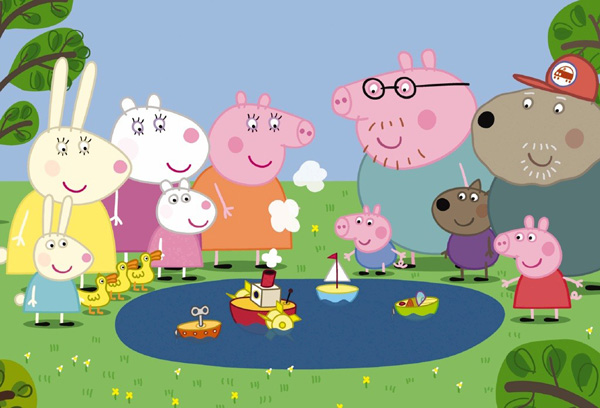12 - Data Structures: Maps
 Michele
MicheleGoals
- learn the purpose of Maps and two most commonly used implementations:
HashMapandTreeMap - learn how
HashMapis implemented internally - Practice!
Tips
Class Properties
Class can have properties:
class Main {
private String name = "Rachel";
}
Properties can be accessed from each method of the class:
class Main {
private static String name = "Rachel";
static void foo() {
System.out.println(name);
}
static void bar() {
name = "Monica";
}
}
Slides
Common Map Operations
// creating new map
Map<String, String> map = new HashMap<>();
// adding new element to the map
map.put("key1", "value1");
map.put("key2", "value2");
// getting element from map
String value = map.get("key2");
// getting all the keys
Set<String> keys = map.keySet();
// getting all the values
Collection<String> values = map.values();
// map size
map.size();
// removing element from map
map.remove("key2");
// iterating over map
for (Map.Entry<String, String> entry : map.entrySet()) {
System.out.println(entry.getKey() + ":" + entry.getValue());
}
Exercises
Exercise 1
Make a Map that associates the following employee IDs with names.
Keys and values of Maps can be any Object type, so in real life you would probably have the key be a String and the associated value be a Person or Employee object. To make things simpler on this exercise, you can use String for both the ID and the name, rather than bothering to create a Person or Employee class.
The point here is to associate keys with values, then retrieve values later based on keys.
| Id | Name |
|---|---|
| a1234 | Steve Jobs |
| a1235 | Bill Gates |
| a1236 | Jeff Bezos |
| a1237 | Larry Page |
| a1238 | Sergey Brin |
Exercise 2
Go back to the previous problem and make your lookup method work with keys regardless of whether they are lower or uppercase. For example, both “a1234” and “A1234” should match Steve Jobs. Hint: very similar to the previous exercise, so if your solution is complex, you are overlooking the obvious.
Exercise 3

Write a program that creates a map of students and the country they are from. Add 10 students from our class to this map.
- use
HashMap - what are the data types for key and value?
- Print to the console where the person next to you comes from (using apropriate
Mapmethod) - Print each entry in a format
name: country - Print all unique country names.
Exercise 4
Write a method that acts as a english-german dictionary. It takes one parameter - english word - and returns german translation. If word is not found it returns "Sorry, I don't know such word".
Exercise 5
Write a method program that contains a pizza menu - we are interested only in pizza name and it's price. For simplification we can assume that all pizzas are sold in the same size and price is an Integer. Write a method that takes how much money there is in your wallet and it returns Map of pizzas and their prices, that you can afford.
Exercise 6
Write a program that calculates average price of a second hand car based on the list of prices found on EBay. Example list:
- Toyota: 10000, 15000, 18000
- BMW: 20000, 23000, 50000
- Audi: 35000, 43000, 18000, 50000
The method should return a map where key is a car name and value is a average price.
Exercise 7

Peppa Pig has following friends: Suzy Sheep, Emily Elephant, Rebecca Rabbit, Danny Dog, Pedro Pony. Zoe Zebra has following friends: Freddy Fox, Rebecca Rabbit, Gabriella Goat, Kylie Kangaroo, Danny Dog
Write a method that prints their common friends.
TIP
Write it in a flexible way, so that we can easily add new character with their friends without changing too much code.